The baby boomer generation, born between 1946 and 1964, is known to have undergone profound change. They experienced the craziest events, from the dawn of the Civil Rights movement to the Vietnam War and the famous Moonwalk. This cohort reshaped society with cultural revolutions, bold activism, and demands for equality and justice.
Join us to explore the most significant events, trends, and people who shaped the baby boomer generation, transformed society, and left a lasting legacy.
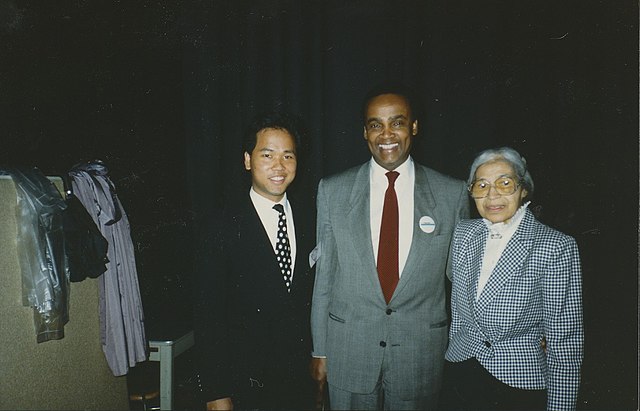
1. The Rosa Parks Incident
It was the 1st of December, 1955. Rosa Parks finished her shift at work and took the bus home to Montgomery, Alabama. She entered the bus and took a seat toward the back because black passengers were required to sit in these places, while the front part was reserved for white passengers. In all these conditions, the driver still asked Parks to give up her seat for a white man, and she refused. This is how she got arrested.
This incident led to a lot of controversy and changed the way things worked in her little community. Her arrest led to a boycott of the buses by black passengers, and it created a powerful wave of change in the South. This was a moment that triggered the civil rights movement, and it influenced the lives of the baby boomers for the following decade. Parks wrote in her autobiography that she didn’t refuse to give up on her seat because she was tired physically, but because she was tired of giving in.
2. The Election of Kennedy
The year 1960 was deeply marked by the race between Vice President Richard Nixon and Massachusetts Senator John F. Kennedy. This was also the first time in history that the debates have been televised. Kennedy was charismatic and composed on the screen; he loved being there. Contrastingly, Richard Nixon was seen as anxious and less engaging.
Given this amazing debate, in November 1996, the 43-year-old candidate, John F. Kennedy, became the youngest person ever elected to the US presidency. A great time of politics and history unfolded with this and changed the lives and perspectives of a new generation born then.
3. The Berlin Wall as a Key Symbol of the Cold War
East Germany started to construct the Berlin Wall on August 13, 1961. The reason was to separate from West Berlin. In the following period after World War II, East Berlin was characterized by Soviet control, and the wall served as a safeguard for the socialist system. Once the action was completed, it was almost impossible to cross the wall.
Some people managed to pass on the free side of Berlin, but, until this nightmare was over, 171 people lost their lives trying to get a better future by crossing the wall.
In 1989, when socialism started to fail, the wall also fell as a symbol of fear that was finally destroyed. This was a key element reshaping the lives of many people back then, and for sure, the baby boomer generation.
4. The Cuban Missile Crisis
October 1962 came with a scare for the nation. President JFK announced that the Soviet Union stationed missiles in Cuba, 90 miles from the US coast, and the administration’s strategy back then was to set up a naval blockade that surrounded the island. He mentioned the use of force in case it would be necessary to remove the missiles.
The next 13 days after the official announcement, American residents lived in constant fear, thinking about a nuclear war that could have started at every moment.
The end of the crisis was marked by the Soviets agreeing to dismantle the missiles. Even if the situation was solved smoothly, the impact on people was huge, and it endured for years.
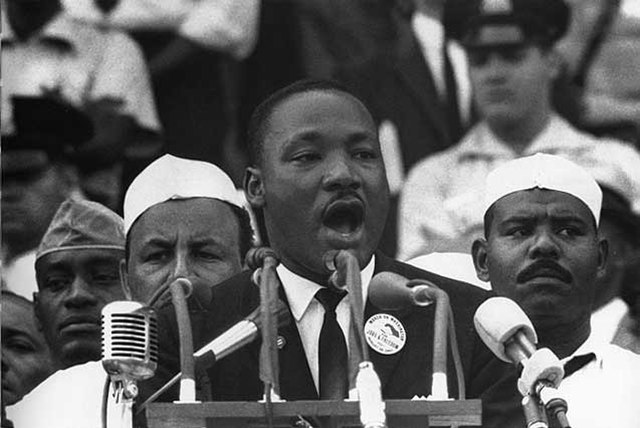
5. Martin Luther King Jr. “I Have a Dream” Speech
August 28, 1963, brought 250,000 people to a gathering at the Lincoln Memorial in Washington, DC, where Martin Luther King Jr. was leading the March for Jobs and Freedom. They protested against the ongoing inequalities that black Americans were facing. This is where the “I Have a Dream” speech was delivered, and it became one of his most memorable addresses and one of the most known and studied speeches until today.
We remind you of some of his wise words: “Even though we face the challenges of today and tomorrow, I still have a dream. And when that day comes, we will be able to join hands and sing, ‘Free at last! Free at last! Thank God Almighty, we are free at last!’“
6. The Assassination of JFK Marked Baby Boomers for Life
November 22, 1963, was a dark day for Americans. President John F. Kennedy was traveling along with his wife, Jackie, in a 10-mile motorcade through Dallas, Texas. As the car passed the Texas School Book Depository Building, the president got shot to death by someone who is officially known as Lee Harvey Oswald.
In the following days, Washington, DC, streets were filled with hundreds of thousands of Americans who came to pay tribute to their beloved fallen president.
7. The Civil Rights Act
Riots, protests, and boycotts advocating for civil rights were finally taken into consideration. In 1964, President Lyndon B. Johnson signed the Civil Rights Act. Segregation in public places based on national origin and race was outlawed, and it was illegal to discriminate in employment based on race, gender, or religion.
8. The Assassination of Martin Luther King Jr.
The last speech of Martin Luther King Jr. will never be forgotten. It took place on April 3, 1968. He seemed to hint at his own fate with his words. “I’ve seen the promised land. I may not get there with you. But I want you to know tonight that we, as a people, will get to the promised land. And I’m happy tonight. I’m not worried about anything. I’m not fearing any man. My eyes have seen the glory of the coming of the Lord,” he declared.
The next day, he was assassinated on the balcony of the motel where he was staying in Memphis, Tennessee. The world was shocked by his death, and somehow it served as a catalyst for more future reforms, like the Fair Housing Act.
9. The Vietnam War in the 60’s
It’s known that 40% of men in the baby boomer generation needed to serve in the Vietnam War. Around 47,434 Americans lost their lives while fighting, and the ones who came home needed to deal with shame and mistreatment for being involved in the war.
The war itself, the controversies, and internal conflict marked the culture and created the movement known as the hippie movement among the baby boomer generation. They embraced the anti-violence and anti-war ideals that changed the future and the whole generation’s perspective on events.
10. The Beatlemania
The Beatles were already a huge sensation in the 1960s in England. But they had to create an impact in the US in October 1963. Footage of fans went wild to see the band at Heathrow Airport in London, where it happened to also be the TV host Ed Sullivan.
He was so impressed that he decided to feature the band on his show, bringing them into the American spotlight.
The Beatles sold a million copies of their hit “I Want to Hold Your Hand,” and their first meeting with their ecstatic fans over the Atlantic was explosive, showing that Beatlemania caught America quickly.
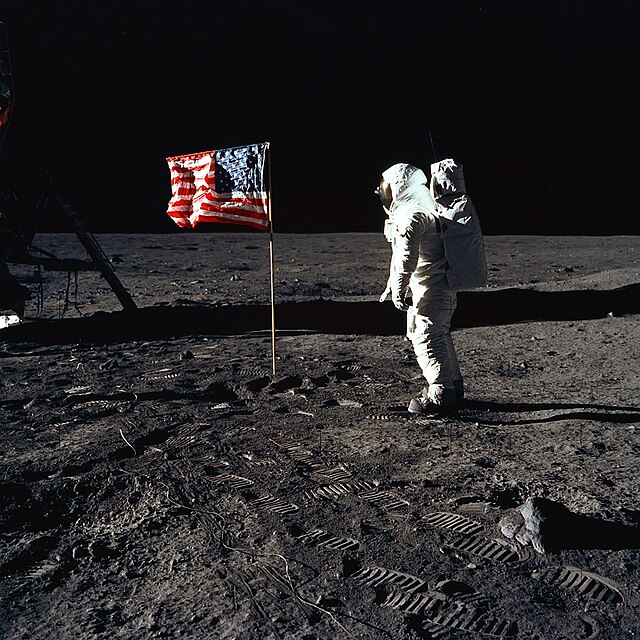
11. The Moon Landing
The Space Race between the United States and the Soviet Union took place as the baby boomers were growing up. It was a show for them to see who achieved space exploration first.
Neil Armstrong and Buzz Aldrin marked history on July 20, 1969. They were the first humans to land on the moon. Armstrong walked on the lunar surface while saying, “That’s one small step for a man, one giant leap for mankind.” 600 million people were in front of their TVs watching the unbelievable event.
12. The Watergate Scandal
A theft of state-important documents took place on June 7, 1972. A few burglars were found stealing documents and wiretapping phones at the headquarters of the Democratic National Committee. The reporters who uncovered the facts were Carl Bernstein and Bob Woodward from the Washington Post.
They managed to connect the event with President Richard Nixon. Nixon was impeached for abuse and obstruction of justice by the House Judiciary Committee, and this led to the resignation of the President on August 5.
Watergate is still a controversial event and if you want to find out more about this, we recommend this book: Watergate – A New History. You can find it on Amazon, and they also have it as an audiobook or Kindle version.
You can read next: 5 Shocking Stories About John F. Kennedy’s Assassination

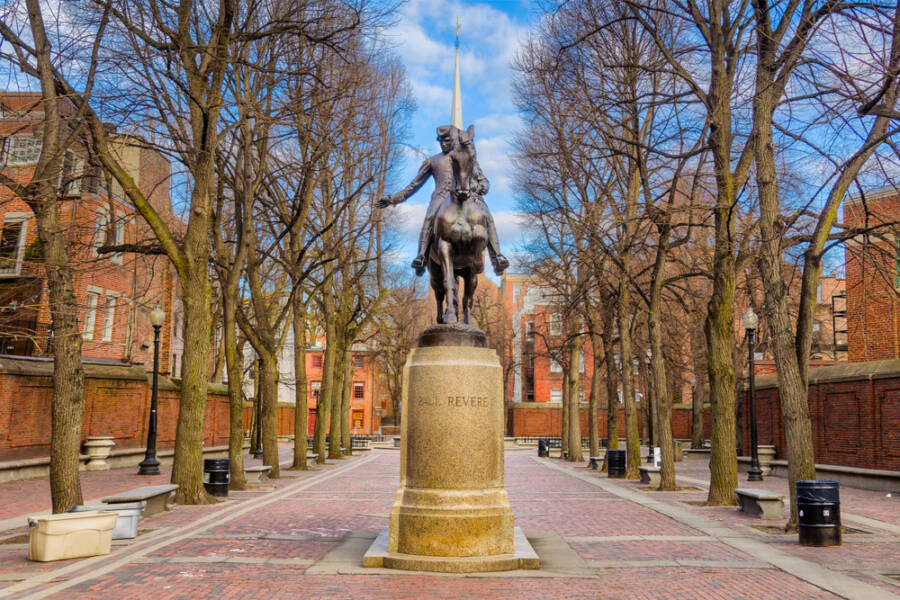
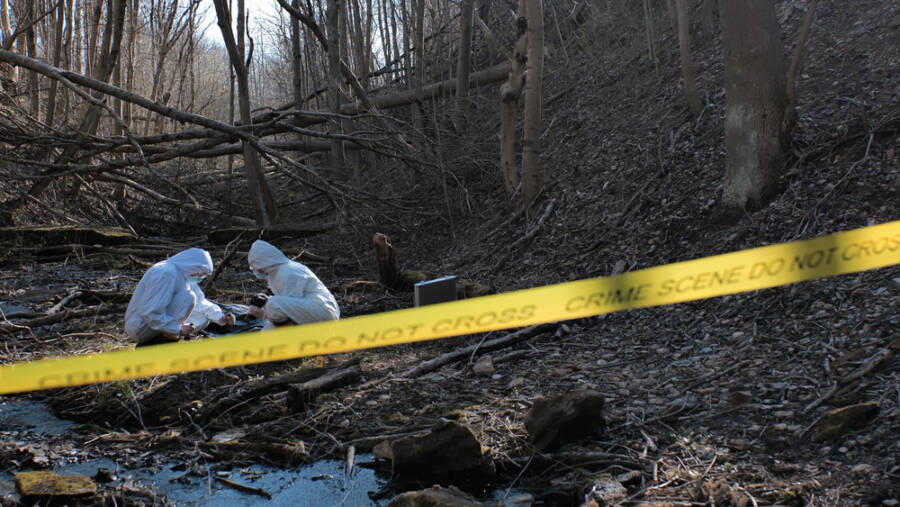
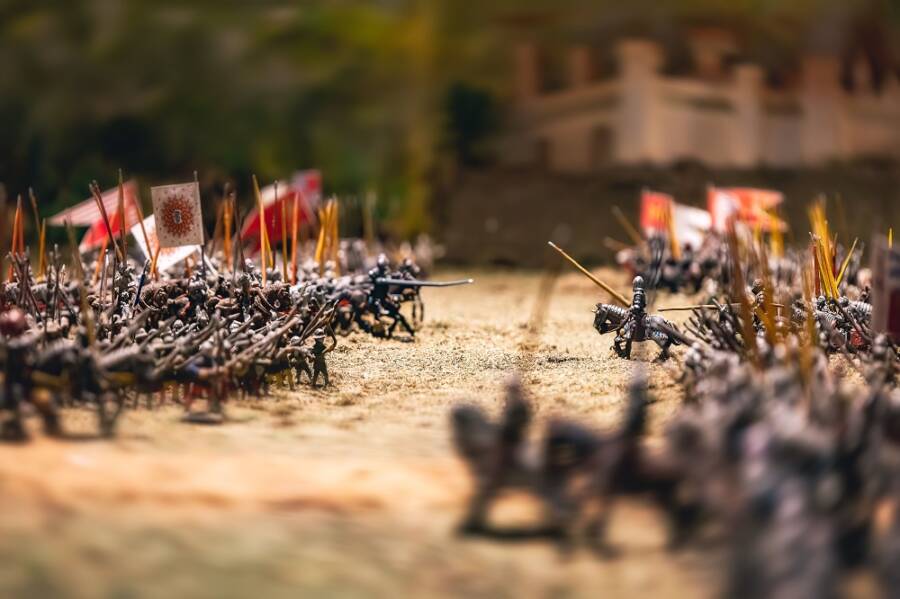
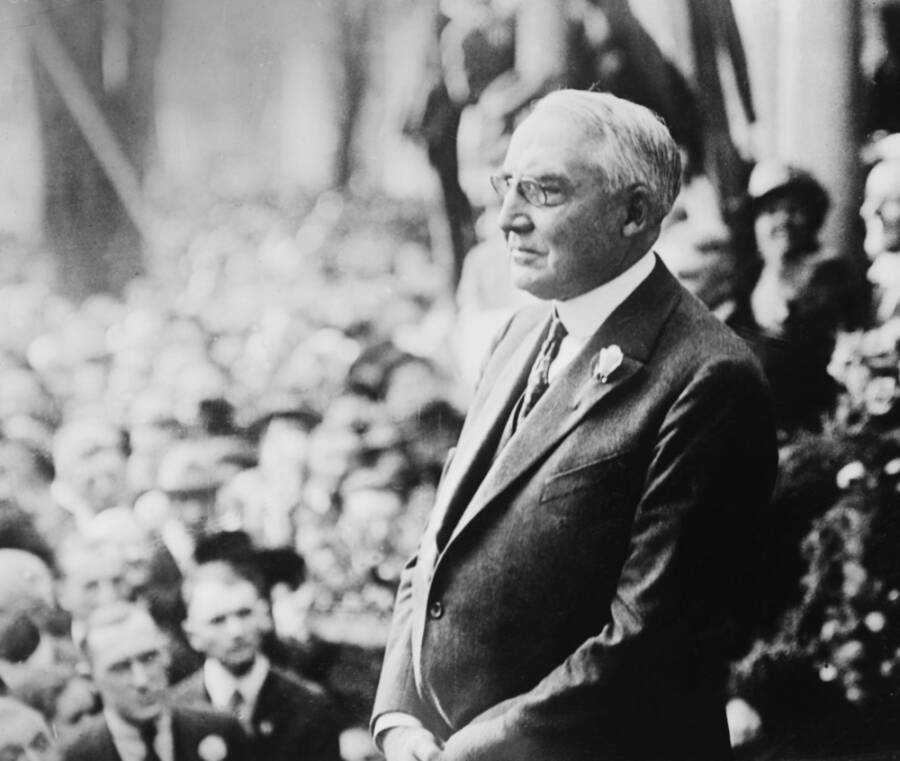
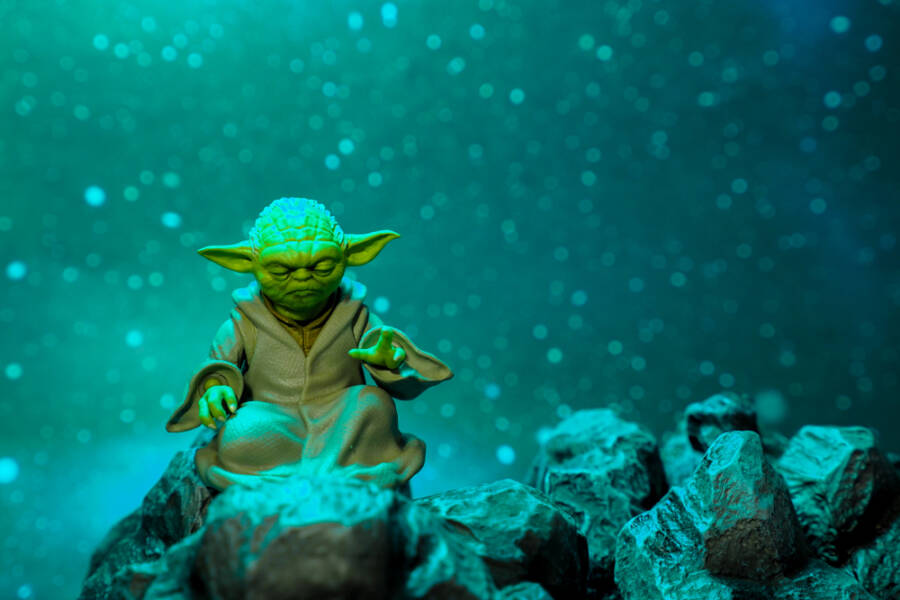
2 Responses
President Kennedy was elected in 1961 not 1996
Also:
The buzz around Y2K
The worldwide death sentence by the Chinese dictator, Covid